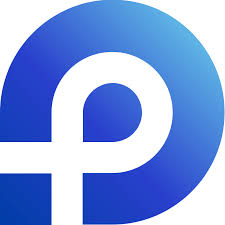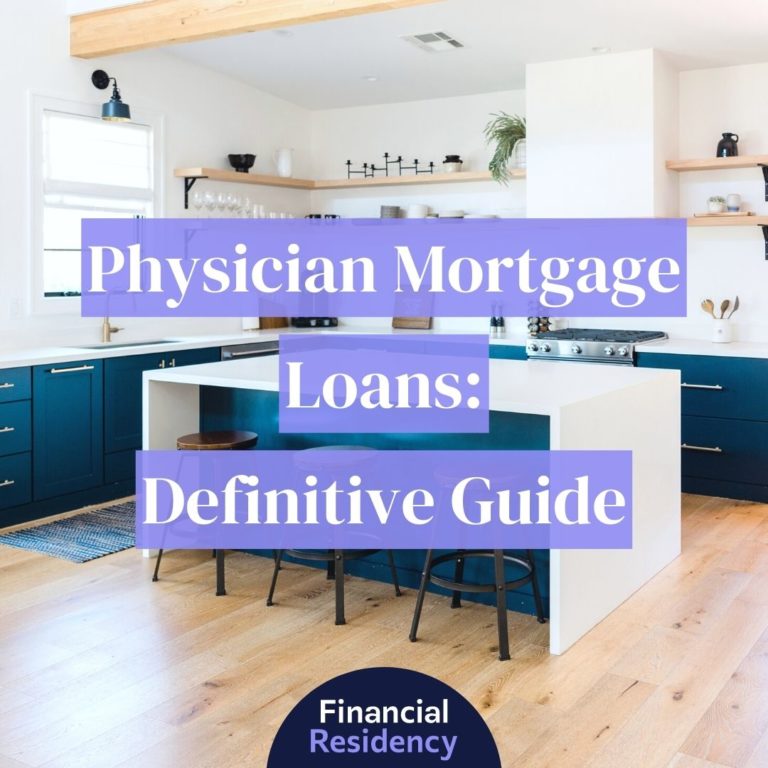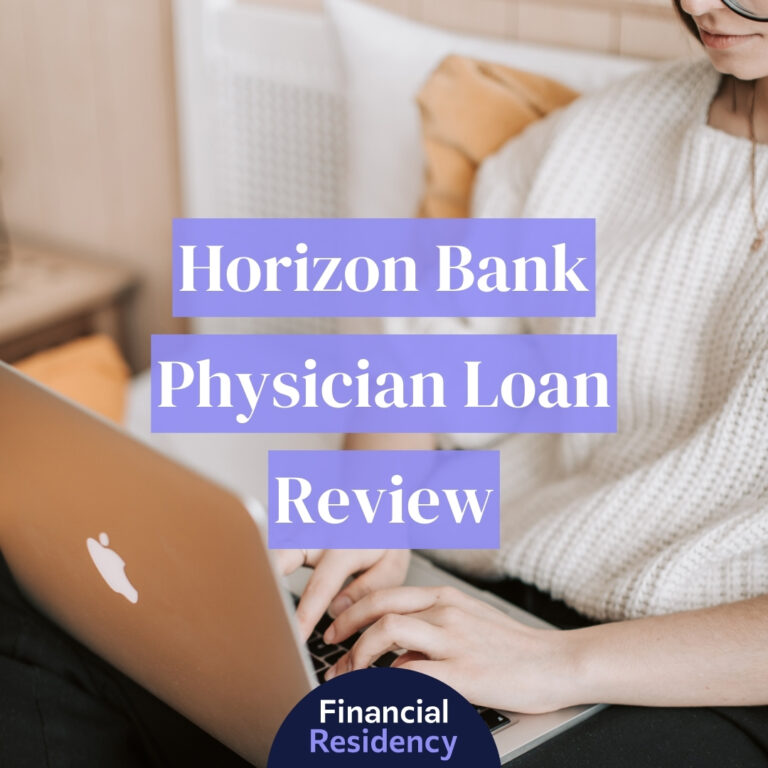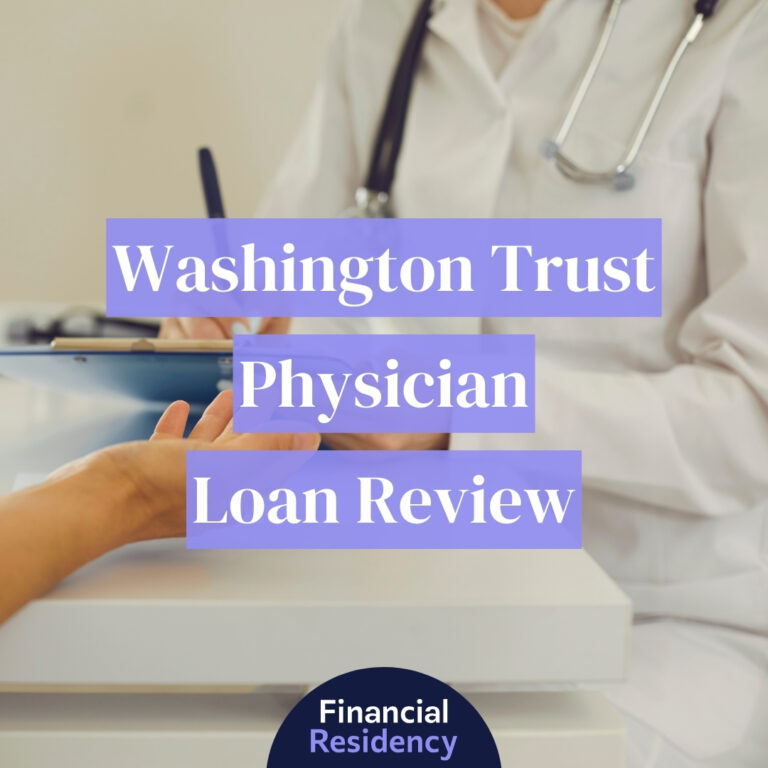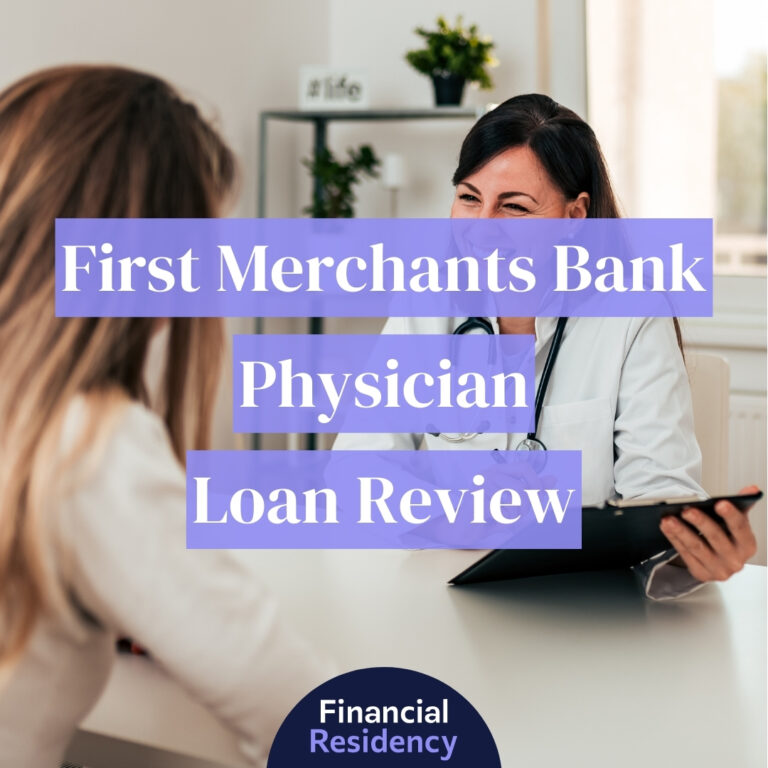Founded in Ohio in 1920, Premier Bank is the state’s tenth-largest financial institute. It has over $8.5 billion in assets and 76 branches in Ohio, Indiana, and Michigan.
In addition to mortgages, Premier Bank offers a full suite of banking products and services for consumer, small business, and commercial customers.
- BBB score: A+
- CEO: Gary M. Small
- J.D. Power Score: NA
- Parent company: Premier Financial Corp. (NASDAQ: PFC)
- Phone number: 1 (877) 367-8178
- Services offered: Savings and checking accounts, IRAs and retirement planning, money market accounts (MMAs), certificates of deposits, business lending, business banking, credit cards, auto loans, and home loans
Premier Bank Physician Loan: Fast Facts
Here are a few fast facts about Premier Bank’s physician mortgage loan program.
- Discounts: No promotions available
- Financing options: 100% financing (no down payment) up to $750,000; 5% down payment required for mortgages from $750,000 to $1,000,000
- Physician loan products: Fixed-rate and adjustable-rate (ARM) terms for the physician mortgage program
- Maximum loan amount: *$1,000,000
- Qualifying professions: **Physicians, certified nurse practitioners, physician assistants, veterinarians, physical therapists, optometrists, and chiropractors.
- Private mortgage insurance (PMI): Not required
*Figure published on Premier Bank’s Medical Professional Loan webpage. A higher loan amount may be possible based on the borrower’s individual financial circumstances; consult a bank representative for more information.
**Exact degrees or licenses are not stipulated.
Premier Bank Physician Loan: Qualifications
Premier Bank’s physician loan program is more inclusive than many others, with more lenient eligibility criteria. Here’s a quick overview of Premier Bank’s physician loan qualifications:
- Credit Score: 680 to 700 minimum FICO score likely required
- Down Payment: 0–5% down payment depending on the loan amount
- Owner-Occupied Property: *Owner-occupied, primary residence No secondary properties.
- Eligible Degree: Must have a valid medical doctor, certified nurse anesthetist, certified nurse practitioner, veterinarian, physical therapist, optometrist, or chiropractor degree.
- Required Savings: Cash reserves of at least three (3) months are recommended; no specified requirements.
- Verified Income: Full-time employment or **signed contract of employment
*No specifications on Premier’s website as to eligible homestead structures. Commonly only single-family or two-family units are eligible for physician mortgages.
**Mortgage may close prior to the start date of employment. Typically, employment must begin within 90 days for physician mortgages, but no uniform timeframe therein is specified.
How to Apply
Here’s a general overview of what you can expect when entering the home-buying process. These outline steps below let you know what you can expect when applying for a physician mortgage with Premier Bank or with other financial institutions.
Get Pre-Qualified
This is the first step where you’ll get a rough idea of how much financing you may be approved for. This figure is an estimate based on your total annual income and balance of assets and debts.
Based on this information and a soft credit pull, the lender lets you know how much you may qualify to borrow. While the pre-qualification step can be viewed as a formal stage, the figure you are pre-qualified for is far from official. It gives you an idea of how much you can afford to borrow for your new home, and what your mortgage payments might look like.
Prepare Your Documents and Review Your Credit Report
The mortgage application process requires significant paperwork. Gathering the documents upfront can be helpful. That paperwork may include:
- Proof of identity: Copy of driver’s license, passport, or other government-issued identification, Social Security number (SSN)
- Proof of income: Recent pay stubs (within the past 30 days), tax returns and W-2 forms (past 1-2 years), 1099 forms for any self-employed income, income history, signed employment contract, proof of other sources of income such as alimony, child support, or royalties
- Proof of assets: Bank statements for checking and savings accounts (typically past 2-3 months), investment account statements (i.e., stocks, bonds, and retirement accounts), titles to real estate or property assets
- Debt information: Information on outstanding debts such as car loans, student loans, other mortgages, alimony, child support, or other monthly payment obligations
- Other documents for special circumstances: Divorce decrees, child support orders, copy of rental history, proof of recent bankruptcy discharge and schedule of creditors, letters of explanation for credit inquiries or discrepancies, or letters of explanation for gift funds or any other unexplained assets
In addition to gathering the required documents, review your credit history. Request a copy of the lender’s hard credit report pull. Look for inaccuracies like credit cards, employers, or addresses that are errant or unfamiliar.
Get Pre-Approved
The pre-approval process is more formal than the earlier pre-qualification. You can speak with a banker at a local Premier Branch, or begin the pre-approval process online.
Premier Bank will review your submitted documents and do a hard credit pull. There may be some back and forth if additional explanations, or paperwork, are required.
You will be given the total total mortgage amount you are pre-approved for based on your credit score and personal finances. Usually, you’ll be given this figure after you have set a rough price range and begun looking at properties with a realtor.
The pre-approval figure from the bank is valid for 90 days, so it’s critical you hold off on this step until you’re ready to place an offer on a home.
Confirm and Lock in Your Rate
A loan officer will contact you to confirm and lock in your interest rate. You can ask any questions you have about payment options, interest payments, rate caps, and the loan amortization schedule.
While the amount you are approved to borrow is good for 90 days, the interest rate you are extended is locked in for 45 days.
Ultimately, final interest rates will vary based on the mortgage product, property type, or property location. For an adjustable-rate mortgage, after the initial period with a fixed rate, the adjustable rate is usually tied to a specific index.
Here, your pre-approval may be denied or conditionally approved. The bank could approve your loan with the caveat that you will pay off a specific debt before final approval is granted. Discover The Best Lenders Answer just a few questions about your career, where you're buying, and how much you want to borrow. Our service will then show you the exact programs you're eligible for from vetted physician loan specialists who will guide you through every step of the process – obligation-free!
Premier Bank Physician Loan Alternatives
If your occupation isn’t included in Premier Bank’s doctor loan program, there are other banks with mortgage options designed for medical professionals. These other home purchase programs may offer greater coverage or better terms for your needs.
1. KeyBank
Ohio-based KeyBank has a similar physician loan program. Participation is open to Doctors of Medicine (MD), Doctors of Osteopathic Medicine (DO), Doctors of Podiatric Medicine (DPM), Doctors of Dental Surgery (DDS), and Doctors of Dental Medicine (DMD). Interns, residents, and fellows are also eligible for the program, but at reduced mortgage amounts.
KeyBank’s program offers up to $3.5 million to purchase or refinance a first or second home, terms are unusually generous. Most other physician loan programs will offer up to $2 million max in total financing, and only for an owner-occupied primary residence.
Borrowers can get 100% financing for a mortgage of up to $1 million. Borrowing a greater sum will require a down payment of 10% to 15%, or more. Qualifying residential properties include owner-occupied condominiums, townhomes, or single-family homes.
With all the paperwork required, the mortgage process is inherently slow. There are no instant approvals. KeyBank, however, is the next best thing. The bank is a full-service mortgage lender, which means the loan underwriting, originating, and servicing all take place at KeyBank. This minimizes delays and keeps things moving expeditiously.
2. Flagstar Bank
Based out of Troy, Mich., Flagstar Bank offers convenience and occupation inclusiveness. Flagstar has 436 branches throughout the country with the strongest footprint in the Midwest and Northeast regions.
Flagstar Bank is the nation’s eighth-largest mortgage lender in the U.S., and it offers perhaps the most inclusive physician mortgage program in the country. Flagstar’s medical home ownership program is open to a wider range of medical professionals, like dentists, nurses, pharmacists, and even many non-medical occupations.
Professions eligible for the Flagstar physician mortgage program include:
- Medical Resident (Educational License)
- Medical Doctor (MD)
- Doctor of Dental Surgery (DDS and OMS)
- Doctor of Dental Medicine (DMD)
- Doctor of Optometry (OD)
- Doctor of Ophthalmology (MD)
- Doctor of Pharmacy (PharmD)
- Doctor of Podiatric Medicine (DPM)
- Doctor of Osteopathy (DO)
- Physician Assistant (PA)
- Registered Nurse (RN)
- Certified Registered Nurse Anesthetist (CRNA)
- Nurse Practitioner (NP)
- Clinical Nurse Specialist (CNS)
- Airline Transport Pilot (ATP)
- Certified Public Accountant (CPA)
- Attorney (JD)
- Veterinarian (DVM)
Along with extending financing to a broader range of medical and non-medical occupations, Flagstar Bank will also offer home loans to non-U.S. citizens. Flagstar offers physician mortgages to borrowers with a Green Card or H-1B visa.
3. Bank of America (BOA)
Charlotte-based Bank of America (BOA) is a convenient choice for medical professionals seeking a doctor loan. BOA has the second-largest footprint in the U.S. (after Chase Bank), with over 3,800 branches.
BOA’s doctor loan program offers home loan financing up to $2 million for licensed and practicing doctors or dentists with an MD, DDS, DMD, OD, DPM, or DO designation. Fellows and residents who are currently employed in a residency or fellowship in designated fields are also eligible. New graduates, residents, or fellows with full-time employment lined up can obtain a mortgage if they close on the home within 90 days of the job start date.
Some of the terms are fairly strict, as there are no options for 100% financing and a minimum credit score of 700 is required.
As a flexible perk for doctors, BOA does exclude student loan payments from its debt-to-income ratio and there are no PMI requirements. Additionally, the bank offers lower down payments (3%) for mortgages of up to $850,000 although down payments of 5% to 15% are required for higher loan amounts.
4. First National Bank
First National Bank (FNB) has a physician mortgage program with flexible and affordable terms for doctors, interns, fellows, and residents.
As with other options featured on our list, FNB has no PMI requirements and offers 100% financing for loans up to $1 million or up to $1.5 million with a low down payment.
Unlike most banks that only offer physician loans as adjustable-rate mortgage (ARM) products, First National Bank offers fixed-rate and adjustable-rate loan options. Fixed-rate loans may be a better option for many home buyers as you get a guaranteed set interest for the life of the loan without having to do any refinancing.
As another selling point, First National offers financing of 90% to 100% for primary residences or up to 80% for a second or vacation home. There are no residency requirements, however, properties must be single-family houses or 2-unit homes.
5. BMO Bank
BMO Bank, formerly known as BMO Harris, offers a physician loan program for early-career medical professionals. The program offers up to $2 million in financing at attractive mortgage rates, with no down payment required for mortgages up to $1 million.
BMO’s program is open to a narrower range of professions than many other physician loan programs (MDs, DOs, DMDs, or DDSs). But BMO offers flexible underwriting guidelines and no PMI requirements (even for 100% financed properties).
As an added bonus, BMO offers a $500 closing cost discount if the borrower sets up auto payments for the mortgage from a qualified bank account.
One drawback is that BMO does not overlook student loan debt when calculating your debt-to-income (DTI) ratio. However, BMO does have more lenient guidelines for practicing physicians.
Pros and Cons
Pros
- Variety of physician mortgage products, including fixed-rate and adjustable-rate home loans.
- 100% financing options for mortgages up to $750,000.
- No private mortgage insurance (PMI) requirement.
- Special student loan Loans on deferment are excluded from the bank’s debt-to-income ratio calculation.
- Financing is available with a signed contract of employment.
Cons
- Other banks will extend higher loans for 100% financing; most will offer up to $1 million with no down payment.
- Limited information online. Borrowers must speak directly with a bank lender.
Frequently Asked Questions
Are Physician Loans Hard to Get?
Physician loans for physicians are often the easiest type of mortgage to get. Physician loans are often fairly clear-cut if you have decent credit (no debts in arrears) and you have full-time employment or secured an offer of full-time employment.
Conventional loans (fixed-rate), however, may be hard for physicians to obtain as they often have a high share of student loan debt.
Physician loans are specialty mortgage products designed for high-debt physician borrowers who might not qualify for conventional products. Banks are willing to extend financing as this group has high lifetime earning potential. Banks like Premier offer special terms and custom underwriting with more generous DTI allowances.
What Credit Score Do You Need for a Physician Loan?
Commonly, physician borrowers will need a credit score of around 700, although some lenders will extend physician mortgage products to those with a score as low as 680. In general, the higher the credit score the better your chance of being approved and getting the best interest rate. Borrowers with outstanding credit (760 or higher) will usually get top rates.
Does Wells Fargo Offer Physician Loans?
Wells Fargo does not offer a specific physician loan product, however, the bank’s jumbo loans may be a good fit for more established doctors who are not first-time home buyers and need more financing than most physician mortgages will offer.
There is no maximum loan amount; it’s determined on a case-by-case basis. Additionally, there are cash reserves, down payment, income, and credit score requirements.
Is Premier Bank Affiliated with PremierBank?
No, Ohio-based Premier Bank (two words) is not affiliated with Wisconsin-based PremierBank (one word). Many financial institutions have Premier in the name which can be confusing. Ohio-based Premier Bank’s website is YourPremierBank.com and showcases the bright blue “P” logo.
Premier Bank is a member FDIC institution, with the member certification number 29845. The bank is also identifiable by its NMLS number of 424191.
